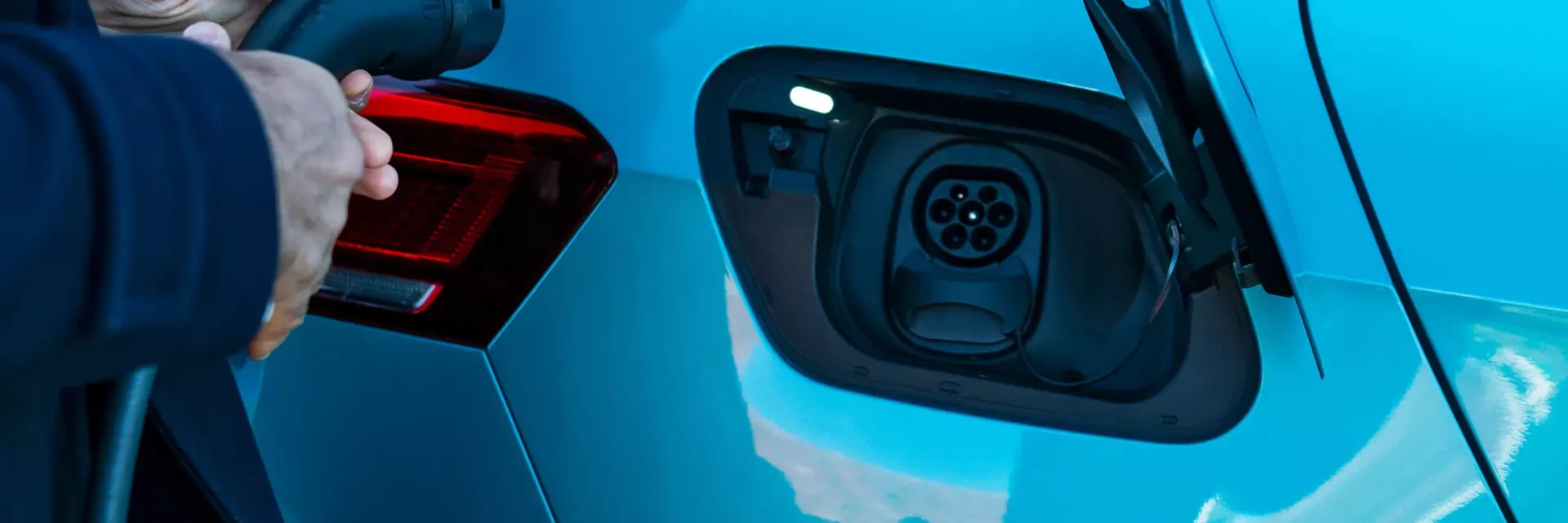
Plug-in Hybrid Electric Vehicles (PHEVs)
A PHEV, Plug-in Hybrid Electric Vehicle, is one of the most commonly seen style of hybrid vehicle, and the type that most people now immediately think of when hearing the words ‘hybrid car’. Read on to find out more about PHEVs.
What is a Plug-In Hybrid Vehicle?
Plug-In Hybrids are similar to mild-hybrid vehicles in that they switch between using the diesel/petrol engine and electric motor to improve efficiency. The difference is, unlike regular hybrids, plug-ins come with a higher-capacity battery and can drive short distances on all-electric power. So, if you regularly make short trips and very rarely go on long adventures, this is a great way to keep your on-road activity free from fuel consumption.
Plug-in hybrids are great, because you can top the batteries up overnight and have a full charge when you head to work the next morning (or even at public fast chargers). This means you can maximise the electric-only range, you might find yourself rarely calling on petrol power, saving you lots of money in the long run.

Reduced Emissions
Due to the battery being able to power the car, this reduces the amount of emissions produced.

Smoother Driving Experience
Due to the electric generator and combustion engine working together.

Reduced Running Costs
Not only will you save on fuel and road tax savings. You can avoid congestion charges.

Eliminates Range Anxiety
You don't need to worry about finding somewhere to plug-in as the combustion engine will take over.
What to consider before buying a Plug-In Hybrid
The road to greener driving has already been set out, so what does that mean for the everyday driver? According to the scheme hybrid vehicles are likely to be outlawed by 2035, as part of the switch to electric. So you might choice to skip straight to a BEV. In reality, though, most drivers will upgrade their motor at least once or twice before 2035, so a plug in hybrid might be a good option to dip your toe in the electric car world.
Plug-in hybrid vehicles don’t need to be charged as frequently as a BEV, because engine mode will take care of everything when needed. However, it will be necessary to charge regularly if you want the best results. If your house isn’t suitable for a home charger, then a plug in hybrid is still a good option due to the growing charging interface around the UK, there’s now more charging points than petrol stations!
More about other types of Electric & Hybrid Vehicles
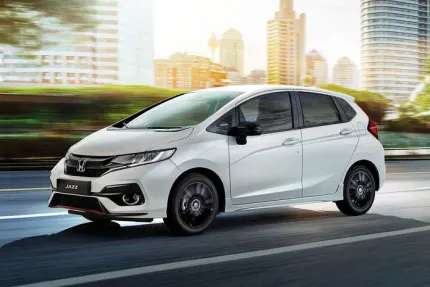
What is a MHEV?
Mild Hybrid Electric Vehicles Explained
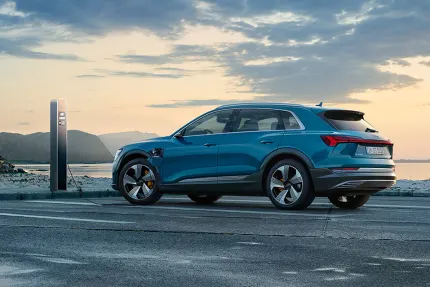
What is a BEV?
Battery Electric Vehicles explained

What is a FHEV?
Full Hybrid Electric Vehicles Explained
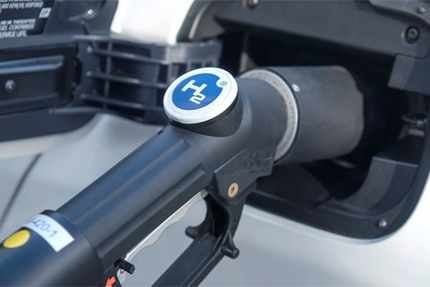
What is a FCEV?
Fuel Cell Electric Vehicles Explained
Looking for something else?

Charging an Electric Vehicle
Getting the best from an EV requires you to charge it properly. But how do you charge an electric vehicle?
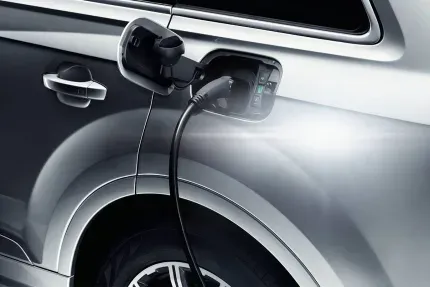
How do I get electric charging at home?
More people are going to need to charge their EV at home. But how do you go about it?

10 Electric Vehicle Myths Busted
We debunk some of the key myths surrounding electric cars
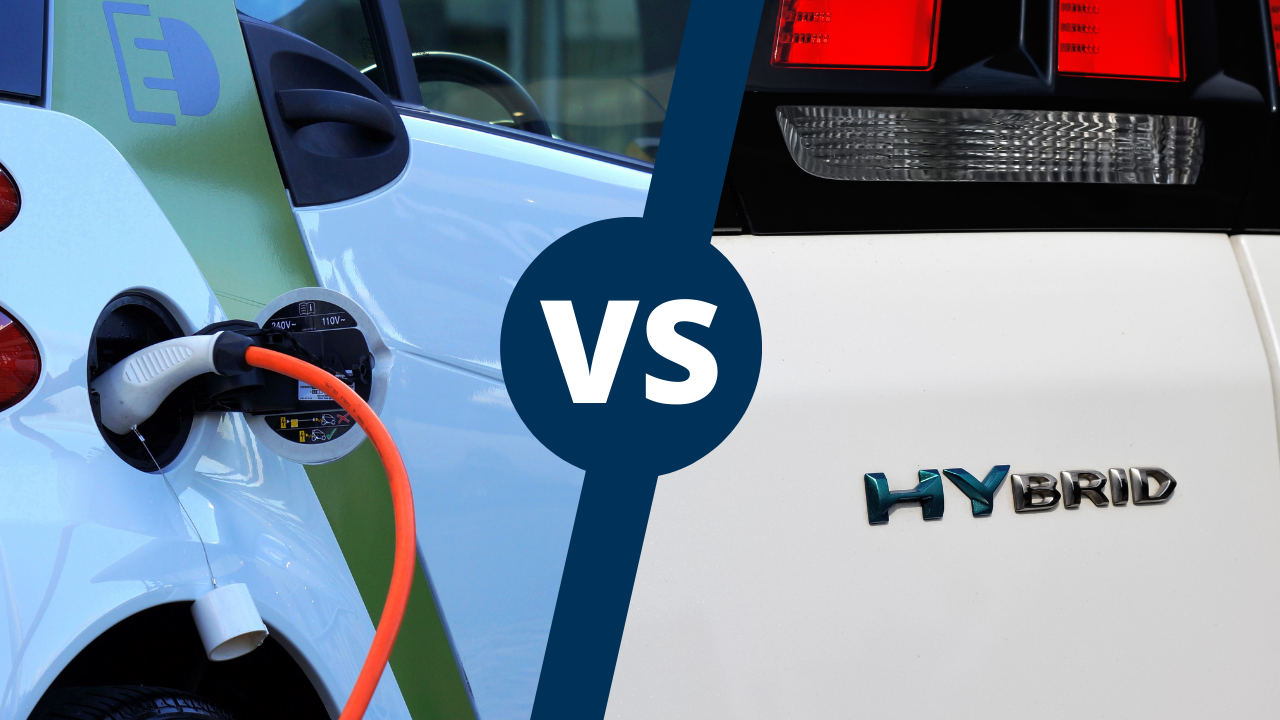
Hybrid Vs Electric?
Should you buy an electric or hybrid car? We're here to help you decide
Thinking About Going Electric?
We can help find the right electric vehicle for you.